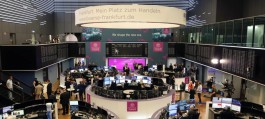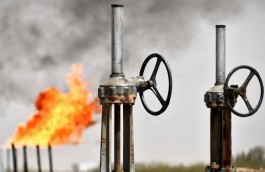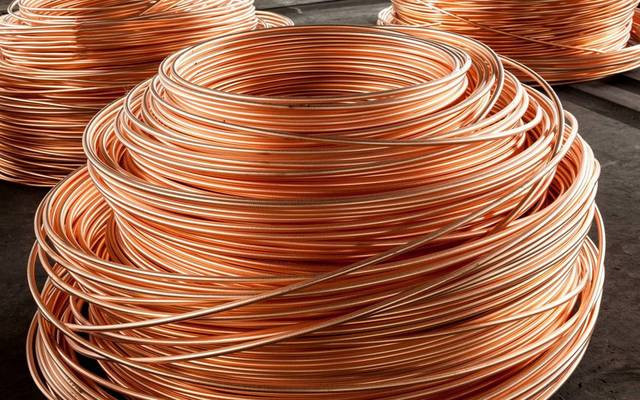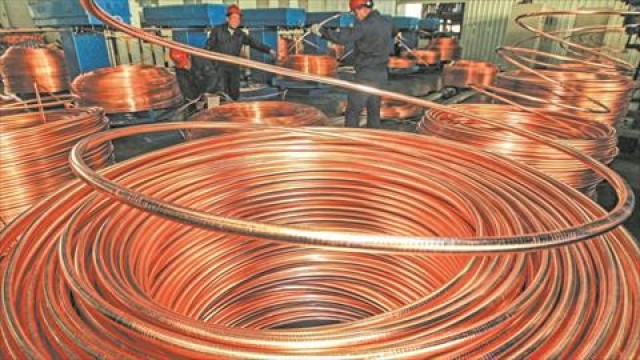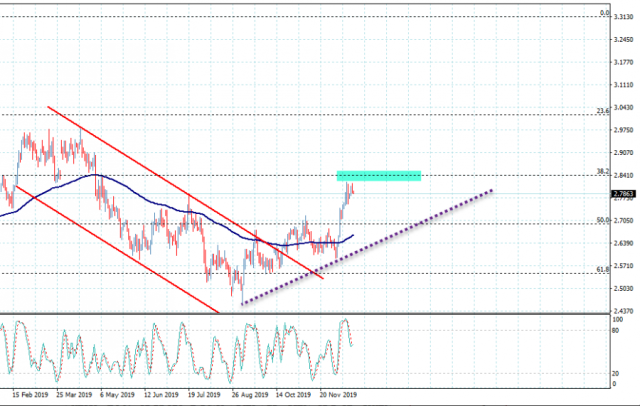The already tight global copper market is under real threat of disruption to supplies from the world's largest producer of the metal due to the simultaneous strike at three mines in Chile.
According to Arab Net, the biggest threat to global copper supplies by far comes from Escondida, the world's largest copper mine, as workers rejected the owner's last wage offer. In a vote held last week. Unless the two sides can reach an agreement in government-brokered talks this week, the market could be left without supplies from a project that last year produced 1.2 million metric tons of copper.
Codelco's Andina and JX Nippon Mining & Metals' Caserones face the same challenge, while Chile, a country that accounts for more than a quarter of the world's production of gold, faces the same challenge. Copper, a large group of collective bargaining at a particularly sensitive time for the minerals sector and the political life of the country.
Labour tensions are escalating at a time when trillions of dollars of government stimulus around the world have boosted demand for industrial minerals. Copper futures have risen over the past two weeks after falling from an all-time high in May, and prices increased on Monday, by 0.6%, to $9787 a ton on the London Metal Exchange, and traded at $9750 in the morning in Shanghai.
As the state considers raising taxes to help resolve inequalities exacerbated by the pandemic, with the presidential election looming, companies are scrambling to keep labor costs in check as they deteriorate. Raw quality and input prices start to rise.
In last week's vote, members rejected BHP's proposal by an overwhelming 99.5%. Union leaders say the company is offering big one-off bonuses for longer hours and new demands in an effort to boost productivity and profits. BHP said its proposal included better terms and new benefits and that it remained open to dialogue.
The labor union said: "We hope this strong vote will be a decisive wake-up call for BHP to begin substantive discussions to reach satisfactory agreements, if it wants to avoid a long conflict." It may be the most expensive union in the country's history.




















